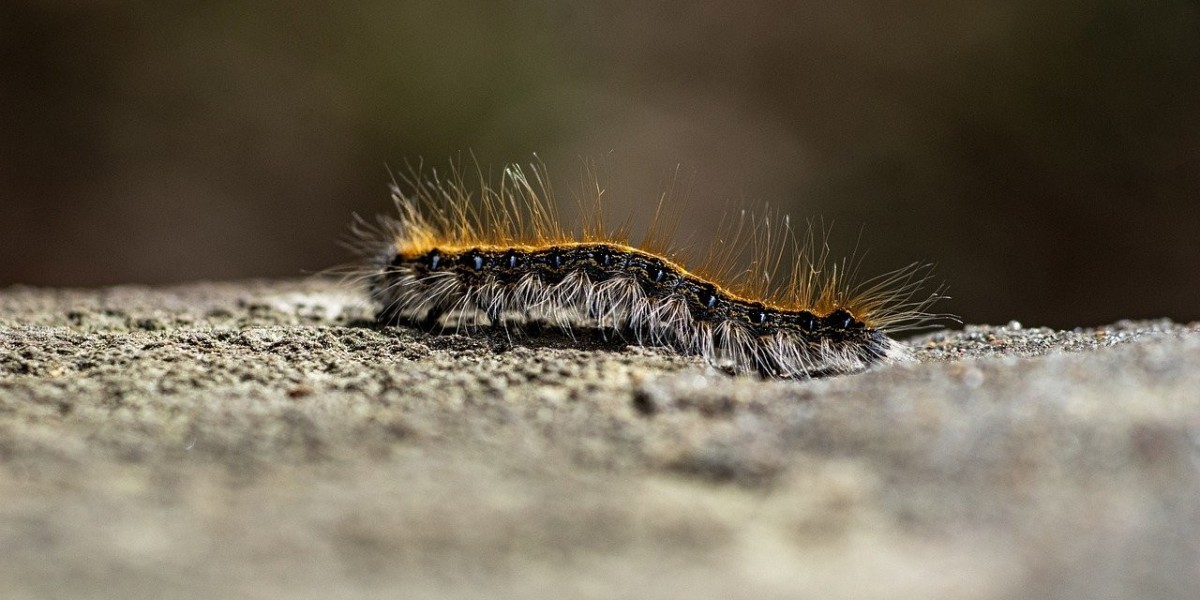When we think about the tiny creatures that share our world, insects often come to mind. But have you ever wondered what it takes to study these diverse and fascinating creatures in depth? This is where the expertise of an entomologist comes into play. So, what is an entomologist? An entomologist is a scientist who specializes in the study of insects, exploring their biology, behavior, ecology, and the role they play in our ecosystems. Entomologists contribute to various fields such as agriculture, environmental conservation, medicine, and even forensic science, making their work vital to understanding the world we live in.
The Field of Entomology: More Than Just Bugs
Entomology, the scientific study of insects, is a broad and diverse field. Insects are the most numerous and varied group of animals on the planet, with over a million known species and many more yet to be discovered. Entomologists are not only concerned with identifying and classifying these species, but they also delve into understanding how insects live, interact with their environment, and impact other organisms, including humans.
The field of entomology encompasses several sub-disciplines. For instance, forensic entomologists study insects to assist in criminal investigations by analyzing the development stages of bugs found at crime scenes. Medical entomologists, on the other hand, focus on insects that affect human health, such as mosquitoes that spread diseases like malaria, dengue, and Zika virus. Agricultural entomologists help farmers manage pests that threaten crops, contributing to food security worldwide.
The Role of an Entomologist in Agriculture
One of the most prominent areas where entomologists make a significant impact is agriculture. Insects play a dual role in farming: while some are beneficial pollinators or natural predators of harmful pests, others can wreak havoc on crops. Entomologists work closely with farmers and agricultural scientists to develop strategies for managing pest populations in ways that minimize harm to crops and the environment. This can include the use of biological control, where natural predators are introduced to keep pest numbers in check, or the development of integrated pest management (IPM) techniques that combine various methods to control pests sustainably.
In recent years, the importance of pollinators like bees has also come to the forefront of agricultural entomology. Entomologists study the behavior of these pollinators and monitor threats to their populations, such as habitat loss, pesticide use, and climate change. By understanding the complex relationships between insects and crops, entomologists help ensure the stability of food production systems globally.
Environmental Conservation and Biodiversity
Insects are a fundamental part of the world’s ecosystems, contributing to processes such as decomposition, nutrient cycling, and pollination. Entomologists who specialize in conservation focus on the protection of insect species and their habitats. They play a crucial role in preserving biodiversity, as many insect species are threatened by human activities such as deforestation, pollution, and climate change.
By studying the interactions between insects and their environments, entomologists can provide insights into the health of ecosystems. For example, the presence or absence of certain insect species can serve as indicators of environmental changes, helping conservationists and policymakers make informed decisions about land use and conservation priorities.
Insects and Human Health: The Work of Medical Entomologists
Insects can also have a direct impact on human health, and medical entomologists are at the forefront of studying this relationship. They focus on insects that transmit diseases, such as mosquitoes, ticks, and flies. These scientists study the life cycles of disease-carrying insects, how they interact with their hosts, and the environmental factors that influence their populations.
Medical entomologists play a key role in developing strategies for controlling insect-borne diseases. This can include creating public health campaigns to reduce breeding grounds for mosquitoes, designing insecticides that are effective without harming the environment, and even engineering genetic modifications in insects to prevent them from spreading diseases. Their work is essential in combating global health challenges, particularly in tropical regions where insect-borne diseases are a major concern.
The Fascinating World of Forensic Entomology
Forensic entomology is a lesser-known but intriguing subfield of entomology. Forensic entomologists use their knowledge of insect life cycles to assist in criminal investigations, particularly in cases of unexplained death. By analyzing the types and developmental stages of insects present on a decomposing body, they can estimate the time of death and even provide clues about whether a body has been moved after death.
This unique application of entomology has proven to be a valuable tool in solving crimes. Forensic entomologists often collaborate with law enforcement agencies and medical examiners to piece together timelines and uncover crucial details in investigations. Their expertise offers an unconventional but highly effective approach to gathering evidence.
Education and Career Path for Entomologists
Becoming an entomologist typically requires a strong foundation in biology, ecology, and zoology. Most entomologists hold advanced degrees, such as a master’s or Ph.D., in entomology or a related field. During their education, students gain hands-on experience studying insects in both laboratory and field settings, learning about their anatomy, behavior, and ecological roles.
Career opportunities for entomologists are diverse and can range from academic research and teaching to working in industries such as agriculture, public health, and environmental conservation. Some entomologists work for government agencies, helping to develop policies related to pest control, biodiversity conservation, or public health. Others may work in the private sector, conducting research for agricultural companies or developing new pest control technologies.
Conclusion
Insects may be small, but they have a massive impact on the world around us. So, what is an entomologist? An entomologist is a scientist who plays a vital role in understanding these complex creatures, helping us navigate their effects on agriculture, ecosystems, and human health. Whether it's protecting crops from pests, conserving biodiversity, or fighting insect-borne diseases, the work of an entomologist is essential to maintaining the balance of our natural world. By studying insects, entomologists open the door to innovations and solutions that benefit both the environment and society at large.








